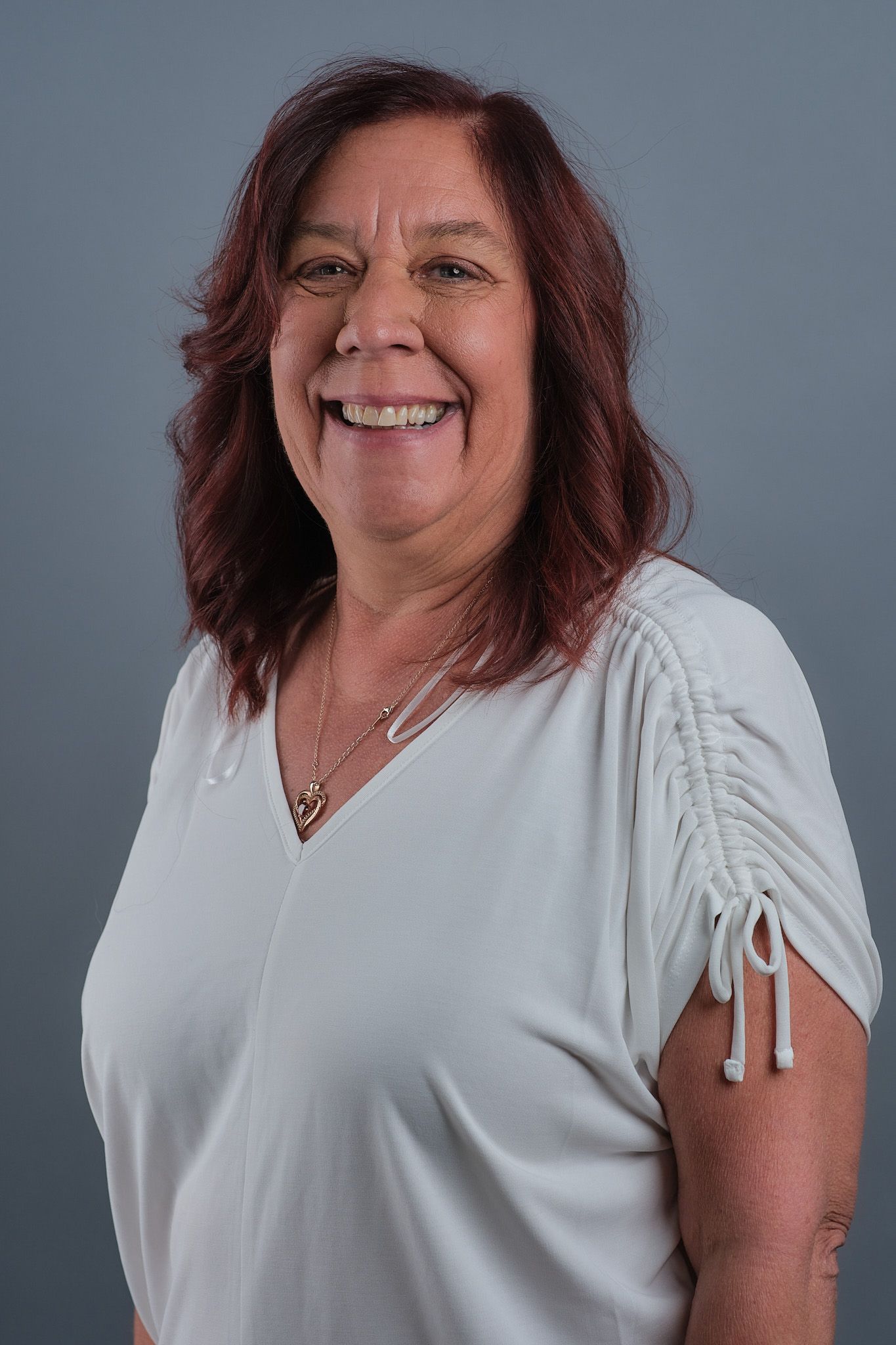Jean Milides-Hennon, LMFT, LCDAC
Licensed Certified Alcohol and Drug Counselor (LCADC) Marriage and Family Therapist
Clinical Supervisor, Modern Psychiatry

Jean Milides-Hennon, LMFT, LCDAC
At a Glance
Words to Live By
Your personal values are fundamental to your development and how you live your life. They determine actions and attitudes, guiding your core beliefs in self and humankind.
Specialties and Expertise
Substance Abuse, Clinical Supervision, Marriage and Family Therapy
Client Focus
Families, Couples, Trauma Victims, Addiction, Domestic Violence, Women’s Issues, Child Protection, Legal Involvement, Depressive Disorders, Anxiety and Adjustment Disorders
Professional History
- Preferred Behavioral Health Group, Director of Substance Use Services, oversight of clinical programming and supervision responsible for two sites, and approximately 15 staff
- Preferred Behavioral Health Group, Practice Marriage and Family Therapy providing couple and family work
Education
- Licensed Marriage and Family Therapy (LMFT) – 1997
- Marriage and Family Therapy, post master’s degree – Seton Hall University, 1995
- Master’s degree, Clinical Psychology – Fairleigh Dickinson University, 1990
- Bachelor of Arts, Psychology – Monmouth College, 1988
Jean’s Story
As a Clinical Supervisor at Modern Psychiatry, I’m committed to helping patients find happiness and satisfaction in their lives. My goal is to help them achieve the ability to live not just survive and to assist other therapists help their patients achieve that goal. My personal experience enduring the effects of substance abuse and the emotional pain it caused my family and me motivated me to pursue mental health as a career.
Throughout my more than 35-year career as a marriage and family therapist and substance use counselor and director, I’ve accomplished this. I have helped others eradicate the struggles they’ve experienced, overcome them, and succeed. I build rapport through understanding and compassion, a non-judgmental attitude, and provide a safe environment of dignity and respect.
I use several theoretical models in my clinical work. The first goal of each of these models is to build rapport with clients to move them through the stages of change. Motivational Interviewing provides that avenue, engaging, evoking, reflecting, and increasing through the client’s own lens their understanding of what changes are needed.
Cognitive Behavioral Therapy (CBT) also is effective with a multitude of disorders. Using CBT, I help patients understand their obstructive ways of thinking and their learned patterns of negative behaviors, guiding them to develop coping skills and recognize distortions to re-evaluate their thinking in light of what the reality is. The work focuses on problem solving skills, increasing confidence, identifying current life struggles that have led to difficulties and moving forward. In between sessions, homework is assigned as part of therapy.
In my marriage and family therapy, I use systemic, solution-focused models such as Bowen Family System Therapy. This model helps family members and/or couples learn how to manage life forces and create a positive balance between connection and individuality and differentiate the capacity of autonomous functioning and avoid triangulation.
“It does not make any difference how many times a patient may try. I never lose faith in their ability to succeed and will always be there when they are ready.”

